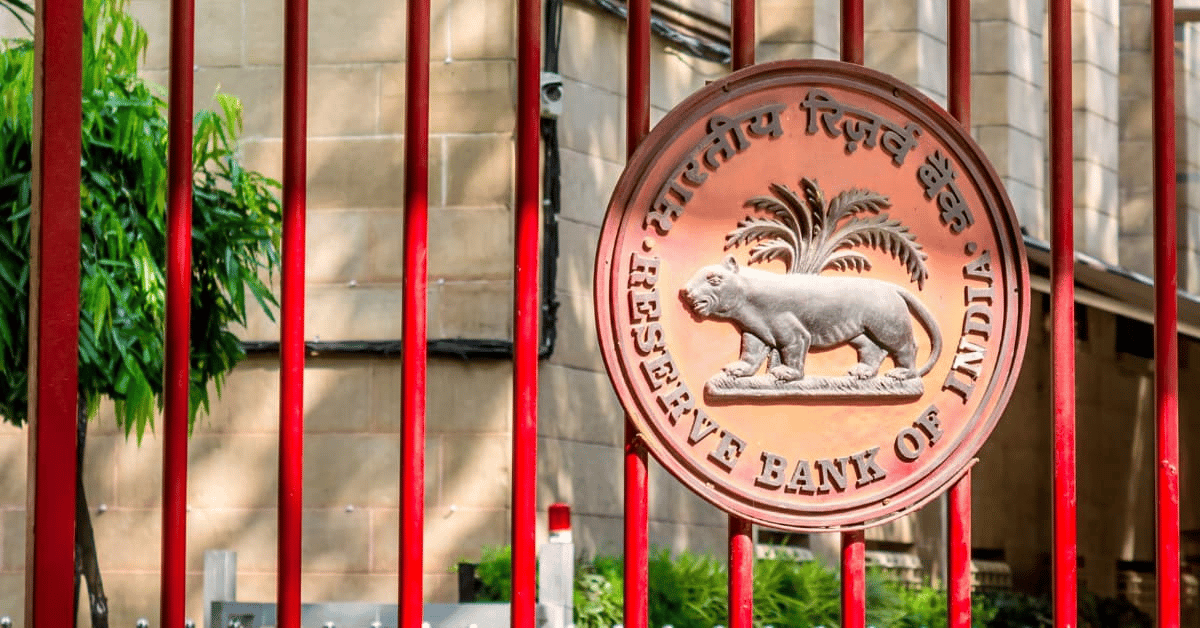Banks plan to soon set up an entity to apply for a SRO licence for the fintech sector as mandated by the RBI
The report added that the financial institutions have held talks with multiple fintech stakeholders, including the PCI, to join the upcoming SRO
In May, RBI notified the final guidelines for recognition of SROs for the fintech sector, which mandate setting up a grievance redressal mechanism for members
Indian banks are reportedly gearing up to establish a self-regulatory organisation (SRO) to oversee the fintech sector.
As per ET’s report, banks are planning to soon set up an entity to apply for an SRO licence for the fintech sector as mandated by the Reserve Bank of India (RBI).
The report added that the financial institutions have held talks with other stakeholders, including the Payment Council of India (PCI), to join the upcoming SRO. The SRO will reportedly be established as a Section 8 entity under the Companies Act by the Indian Banks’ Association (IBA).
“It is felt that banks should have a stake in matters related to the fintech sector, given that there are so many interconnected issues. With neobanks and metaverse banking on the rise, it’s necessary that banks are clued into the latest developments and issues in the fintech sector,” a source reportedly said.
As per the report, the banks have already held “some initial” talks with the payments body PCI but were still assessing the possibility of setting up their own SRO. A bank executive also added that the IBA was in discussions with some other stakeholders too and would finalise its strategy soon.
“… We are assessing if we should set up our own SRO or participate with some existing fintech organisation… We are in discussion with some other entities (apart from PCI) too and will be finalising our strategy soon,” added the bank executive.
The development comes close on the heels of the RBI, in May, notifying final guidelines for recognition of SROs for the fintech sector. In January, the central bank had released the draft norms and sought feedback from stakeholders.
The final guidelines mandate SROs to establish a grievance redressal mechanism for members and a non-discriminatory fee structure. The objective of the framework includes prescribing the broad functions of the SROs that are free from influence of its members and are legitimate arbiters of disputes.
The push for the SRO comes at a time when the RBI has ramped up its oversight of the fintech ecosystem and cracked the whip for regulatory lapses. Earlier this year, the central bank barred Paytm Payments Bank from undertaking deposits or financial transactions. Effectively, RBI ordered the payments bank to cease its operations due to KYC-related lapses.
Afterwards, in February, the RBI also directed card networks giants Visa and Mastercard to suspend all card-based business payments made via payment intermediaries to entities that do not accept card payments with immediate effect.
Last year, it also tightened its noose around the issuance of payments aggregator (PA) licences and directed many big players to refile their applications. As a result, the ecosystem has been working to comply with regulatory mandates and the SROs are expected to build a larger framework to ensure compliance with local laws.
Despite this, India’s fintech ecosystem continues to grow at a rapid pace and, as per Inc42, is projected to grow to a market size of $2.1 Tn by 2030.
Disclaimer
We strive to uphold the highest ethical standards in all of our reporting and coverage. We StartupNews.fyi want to be transparent with our readers about any potential conflicts of interest that may arise in our work. It’s possible that some of the investors we feature may have connections to other businesses, including competitors or companies we write about. However, we want to assure our readers that this will not have any impact on the integrity or impartiality of our reporting. We are committed to delivering accurate, unbiased news and information to our audience, and we will continue to uphold our ethics and principles in all of our work. Thank you for your trust and support.



![[CITYPNG.COM]White Google Play PlayStore Logo – 1500×1500](https://startupnews.fyi/wp-content/uploads/2025/08/CITYPNG.COMWhite-Google-Play-PlayStore-Logo-1500x1500-1-630x630.png)